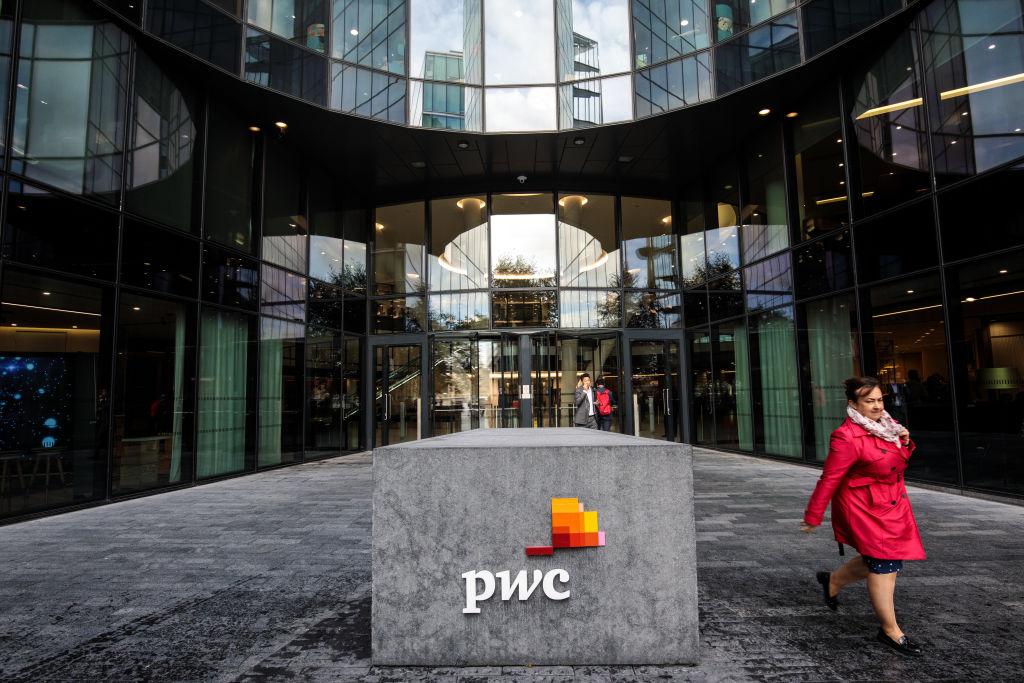A parliamentary inquiry scrutinising the New South Wales (NSW) government’s $1 billion (US$0.67 billion) spend on consultants has been told the Big Four firms should be split up to help prevent conflicts of interest.
The upper house inquiry is examining whether the government’s extensive use of private consulting firms is delivering good outcomes for the people of NSW.





